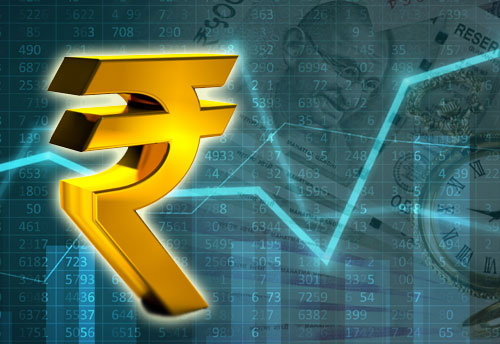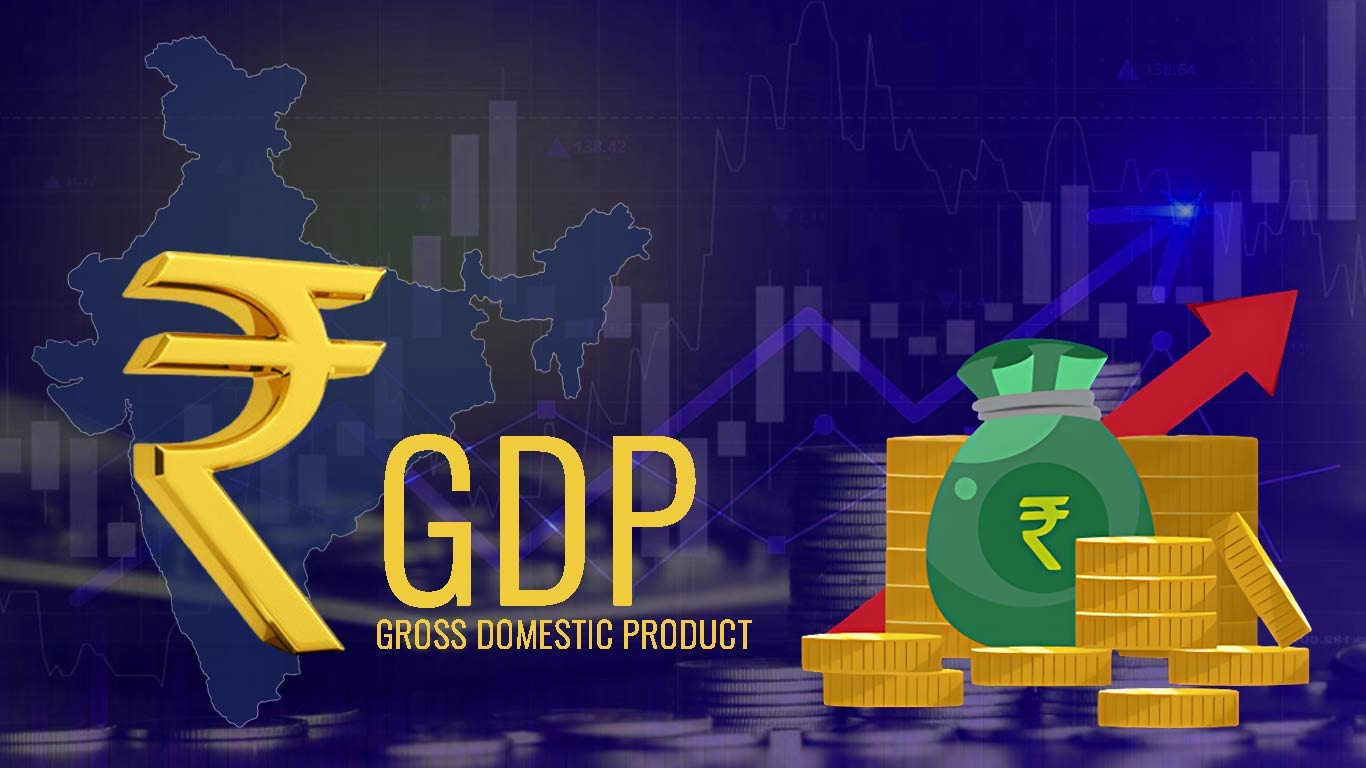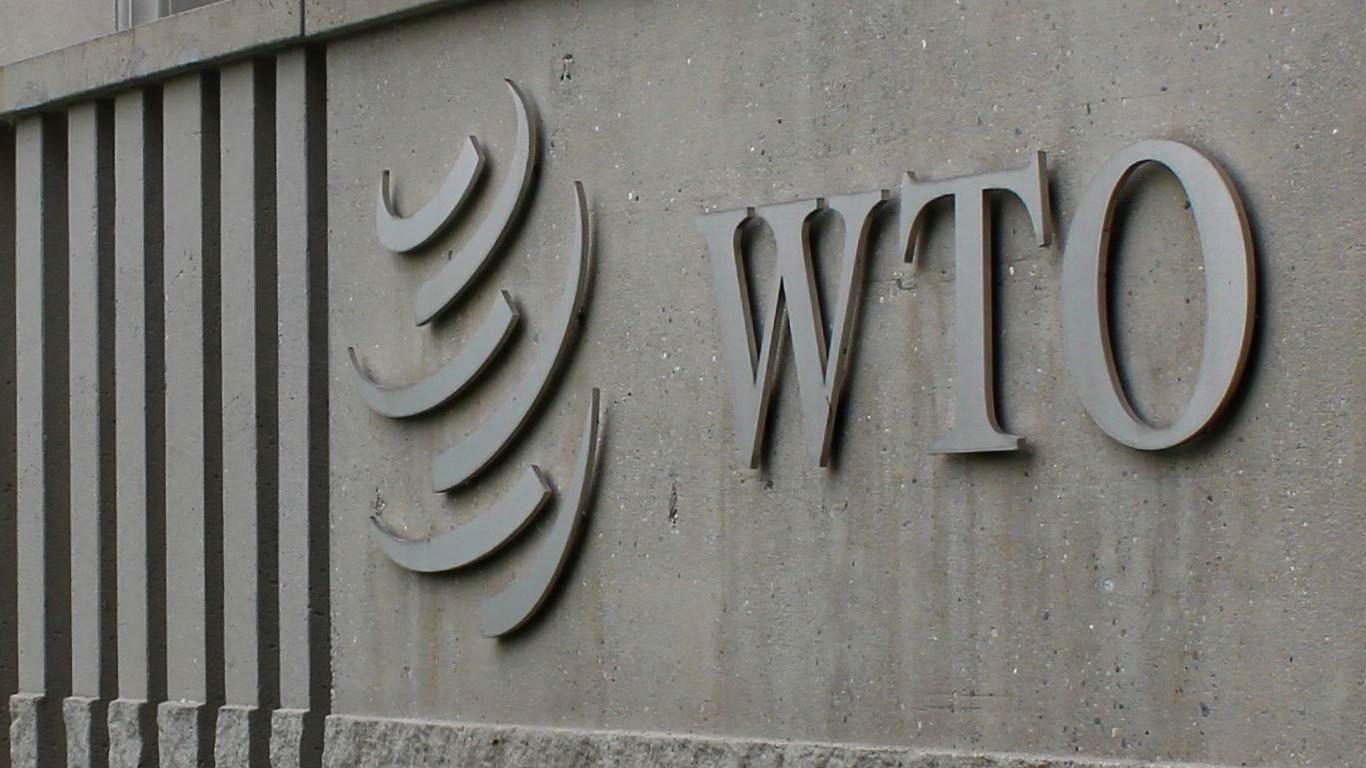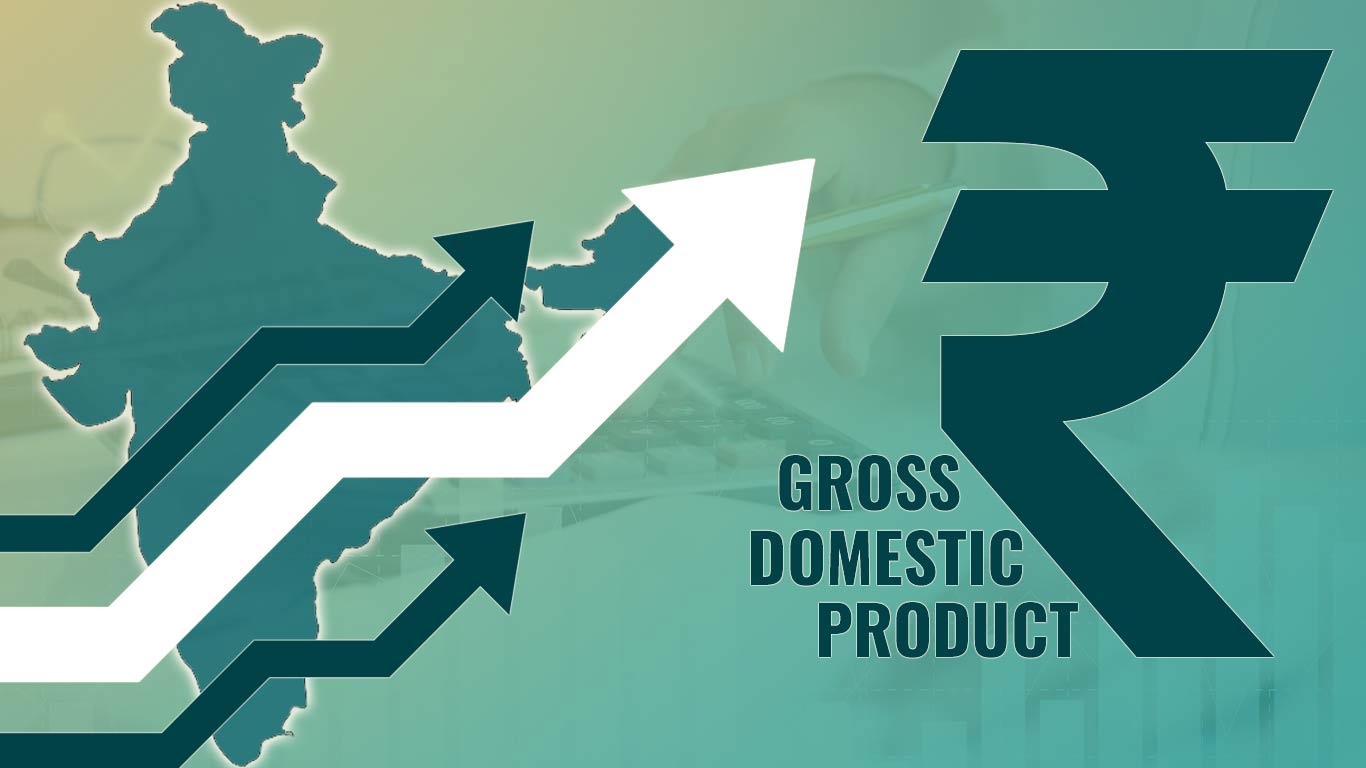Economic growth expected to contract 8 per cent in current fiscal: FICCI survey
Updated: Jan 27, 2021 12:39:55pm

Economic growth expected to contract 8 per cent in current fiscal: FICCI survey
New Delhi, Jan 27 (KNN) The country’s economic growth is expected to contract 8 per cent in the current fiscal, according to the latest round of Federation of Indian Chambers of Commerce & Industry’s (FICCI’s) Economic Outlook Survey.
The annual median growth forecast by the industry body is based on responses from leading economists representing industry, banking and financial services sectors. The survey was conducted in January.
The median growth forecast for agriculture and allied activities has been put at 3.5 per cent for 2020-21.
''Agriculture sector has exhibited significant resilience in the face of the pandemic. Higher rabi acreage, good monsoons, higher reservoir levels and strong growth in tractor sales indicate continued buoyancy in the sector,'' the survey stated.
However, the industry and services sector, which were most severely hit due to the pandemic induced economic fallout, are expected to contract by 10 per cent and 9.2 per cent respectively during 2020-21.
The industrial recovery is gaining traction, but the growth is still not broad based. The consumption activity did spur during the festive season as a result of pent-up demand built during the lockdown but sustaining it is important going ahead.
Besides, it observed that some of the contact intensive service sectors like tourism, hospitality, entertainment, education, and health sector are yet to see normalcy.
The quarterly median forecasts indicate GDP growth to contract by 1.3 per cent in the third quarter of 2020-21. The growth is expected to be in the positive terrain by the fourth quarter with a projection of 0.5 per cent growth.
Further, on the estimates of other macro parameters, the survey participants put the median growth forecast for IIP at (-) 10.7 per cent for the year 2020-21, with a minimum and maximum range of (-) 12.5 per cent and (-) 9.5 per cent respectively.
The survey further revealed that WPI based inflation rate is projected to be flat in 2020-21. On the other hand, CPI based inflation has a median forecast of 6.5 per cent for 2020-21, with a minimum and maximum range of 5.8 per cent and 6.6 per cent respectively.
On the fiscal front, a slippage is imminent this year and the median estimate for fiscal deficit to GDP ratio was put at 7.4 per cent for 2020-21 by the participants - with a minimum and maximum range of 7.0 per cent and 8.5 per cent respectively. Fiscal deficit for 2020-21 was budgeted at 3.5 per cent.
However, the participants of the survey expect the economy to perform much better and have projected a median GDP growth rate of 9.6 per cent for the financial year 2021-22.
The minimum and maximum growth estimate was forecasted at 7.5 per cent and 12.5 per cent respectively.
However, a surge in the number of COVID-19 cases and the appearance of new strains can be a deterrent to the improving growth conditions. It is therefore important that preventive measures continue to be in place.
''A good vaccine coverage without many cases of adverse reporting will be a prerequisite for the normalization process,'' the survey added.
Economists participating in the survey were deeply concerned about the global liquidity situation which, at present, is significantly in surplus and is finding ways to enter asset markets.
The participants called upon global central banks to remain watchful of the situation and not allow overheating of markets.
Despite optimism on the growth front, economists cited persistent risks to unemployment and therefore felt the need for continuous monitoring on that front.
In addition, respondents to the survey emphasized that geo-politics and the resultant impact on trade flows will be keenly looked at especially given the change in the US administration in January 2021. They believed that global trade and value chains will undergo significant changes with positive economic implications during the year.
Participating economists indicated that as the world commences mass vaccination drive to fight the pandemic, focus of policy makers will now shift towards the next big challenge at hand, preserving the environment and addressing climate change.











